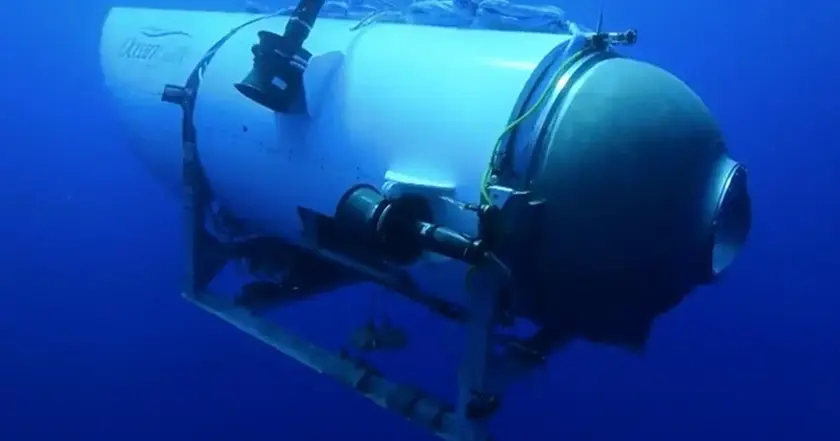T4K3.news
Report criticizes OceanGate CEO for submersible tragedy
The U.S. Coast Guard's final report blames Stockton Rush for unsafe practices leading to the Titan implosion.
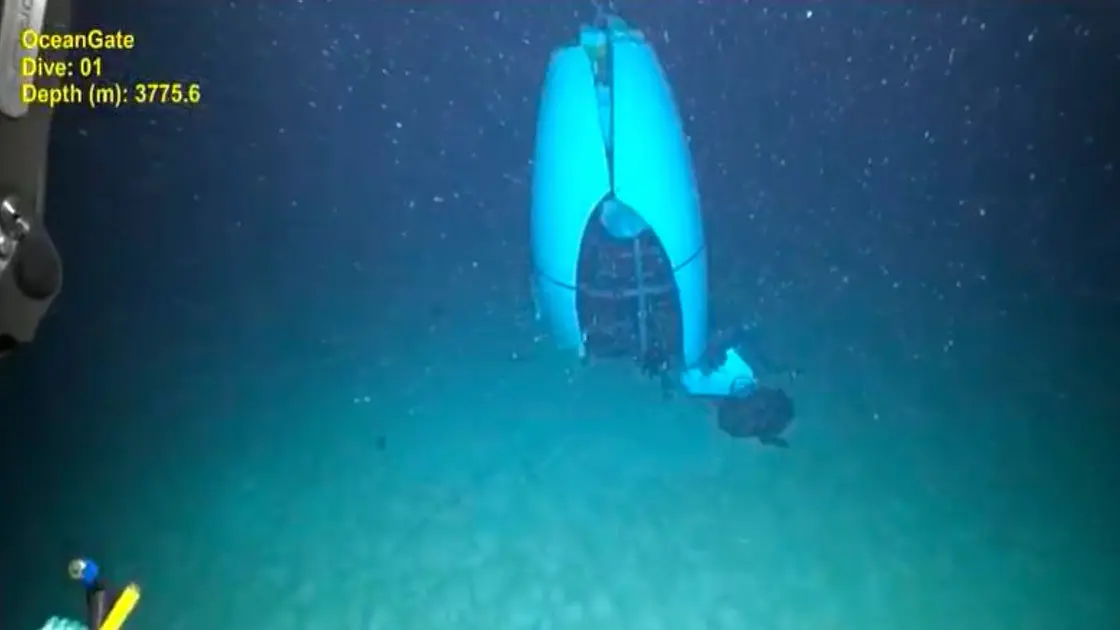
The U.S. Coast Guard's report highlights critical lapses leading to the Titan submersible implosion.
Final report on Titan submersible tragedy blames CEO Stockton Rush for oversight failures
The U.S. Coast Guard has released a final report on the Titan submersible incident that resulted in the deaths of five individuals during a deep-sea expedition to the Titanic wreck site in June 2023. The report censures Stockton Rush, CEO of OceanGate, for inadequate oversight and for ignoring multiple safety warnings. It states that Rush not only misrepresented the vessel's safety but also created a culture that discouraged employees from raising concerns. The investigation found that the implosion was preventable, attributing various failings in the design, certification, and safety protocols of the Titan. Echoing the report's findings, the chair of the Marine Board of Investigation emphasized the need for stronger oversight in similar ventures to protect lives and support innovation without repeating past errors.
Key Takeaways
"A false sense of safety and security was created by Mr. Rush through his misrepresentation of the TITAN's safety."
This quote from the report highlights how misleading assurances contributed to the disastrous circumstances.
"This marine casualty and the loss of five lives was preventable."
Jason Neubauer's statement emphasizes the importance of learning from failures to prevent future incidents.
"It's an absolute mess. I knew that hull would fail."
David Lochridge's testimony reveals deep concerns about the Titan's structural integrity before the tragedy.
"OceanGate's toxic safety culture, corporate structure, and operational practices were critically flawed."
The report's acknowledgment of these failures is crucial in understanding the chain of events leading to the implosion.
The tragic implosion of the Titan submersible underscores significant concerns about safety and accountability in high-risk industries. The Coast Guard's findings reveal a troubling narrative of corporate negligence, primarily fueled by a leader's dismissive attitude toward safety warnings. The implications of this tragedy extend beyond OceanGate, raising questions about the need for stringent industry regulations and oversight. As exploration ventures become more ambitious, the risks involved must be managed with transparency and responsibility. This disaster could serve as a turning point, leading to necessary reforms that enhance safety protocols in both manned and unmanned deep-sea explorations.
Highlights
- Ignoring warnings is not just negligence, it's a tragedy waiting to happen.
- Safety in exploration must not be treated as optional.
- A culture of silence can sink even the most ambitious ventures.
- Preventable tragedies demand accountability in leadership.
Leadership failure raises safety concerns
The report highlights a significant lack of safety oversight within OceanGate, underlining a need for stronger regulations in deep-sea exploration. The culture of intimidation against whistleblowers poses serious risks to public safety in the industry.
The investigation's implications could lead to broader changes in the oversight of high-risk exploration ventures.
Enjoyed this? Let your friends know!
Related News
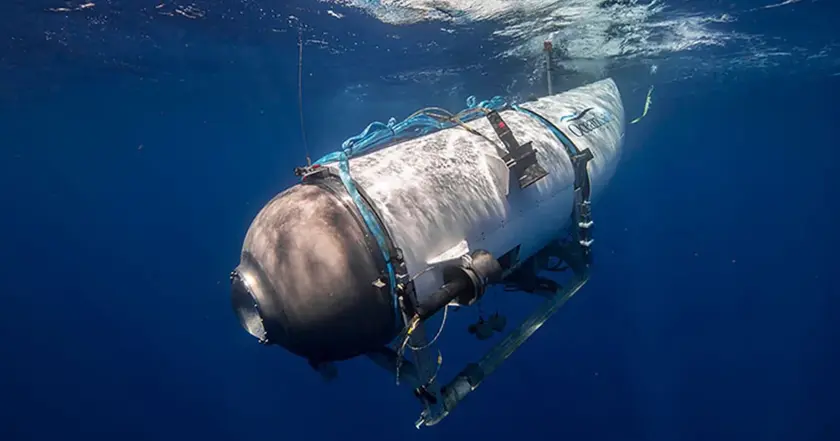
Coast Guard report calls Titan implosion preventable

Preventable tragedy highlights failures in submersible safety
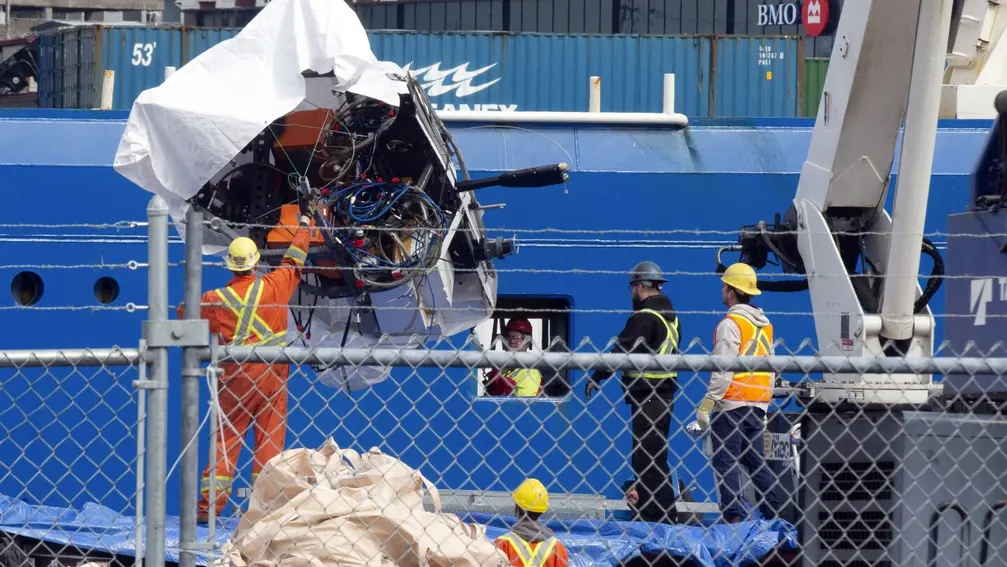
U.S. Coast Guard identifies preventable failures in Titan submersible disaster

Titan tragedy analysis published
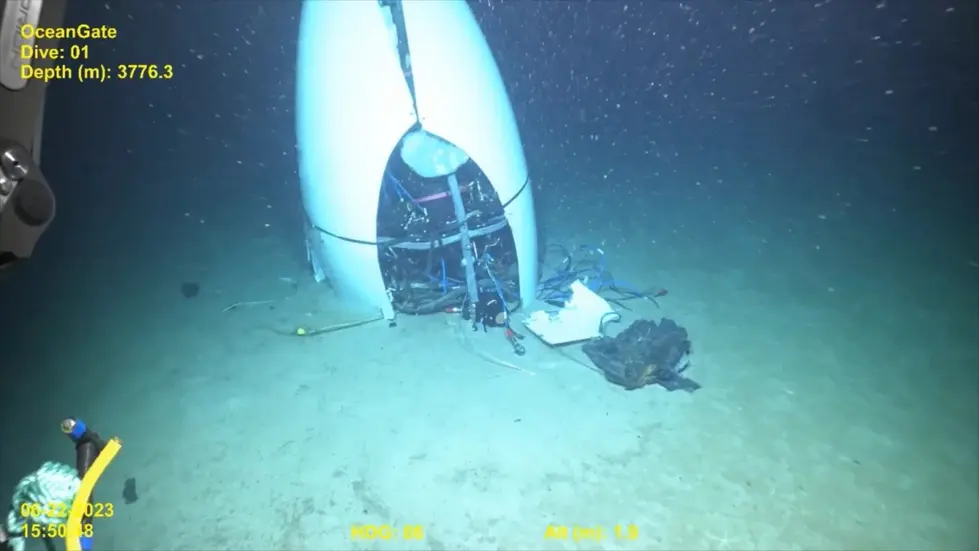
Coast Guard report states Titan sub deaths were preventable
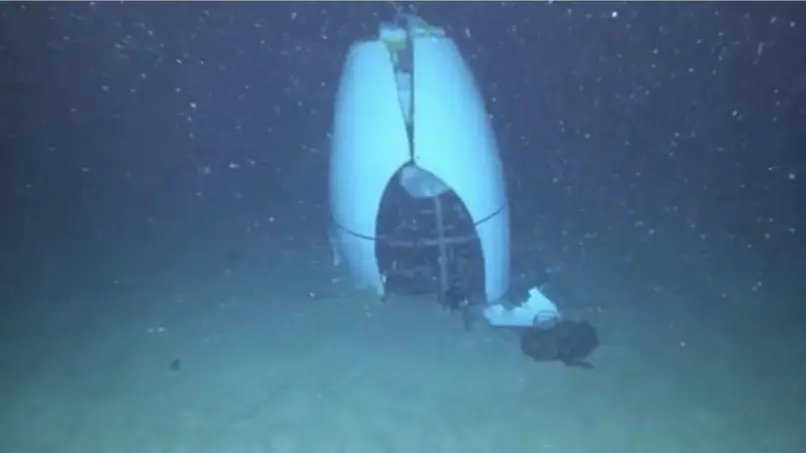
Titan sub disaster linked to poor safety culture
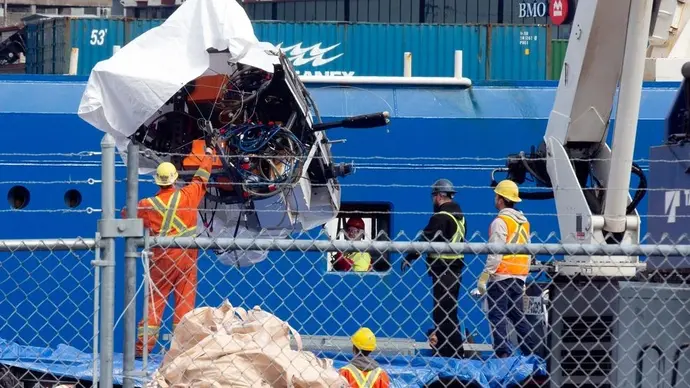
Titan tragedy attributed to safety negligence
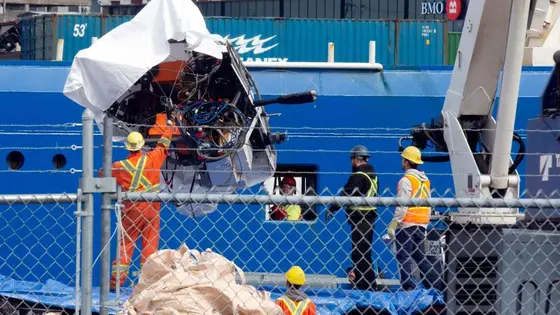
Titan submersible tragedy found preventable
